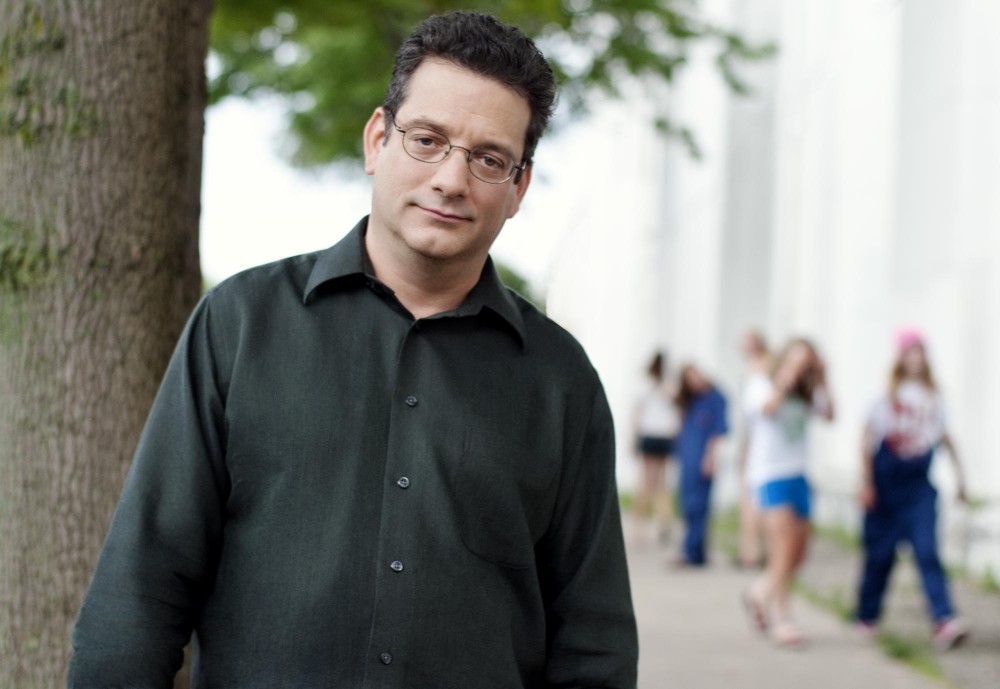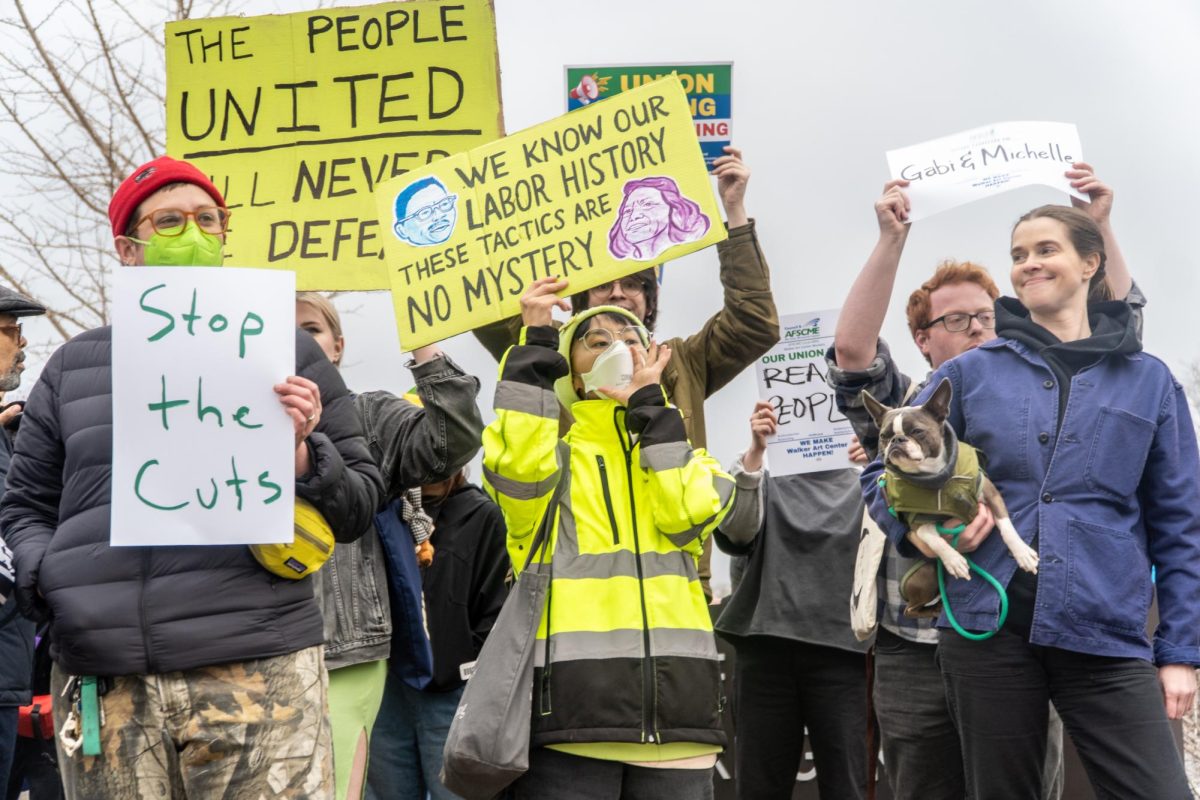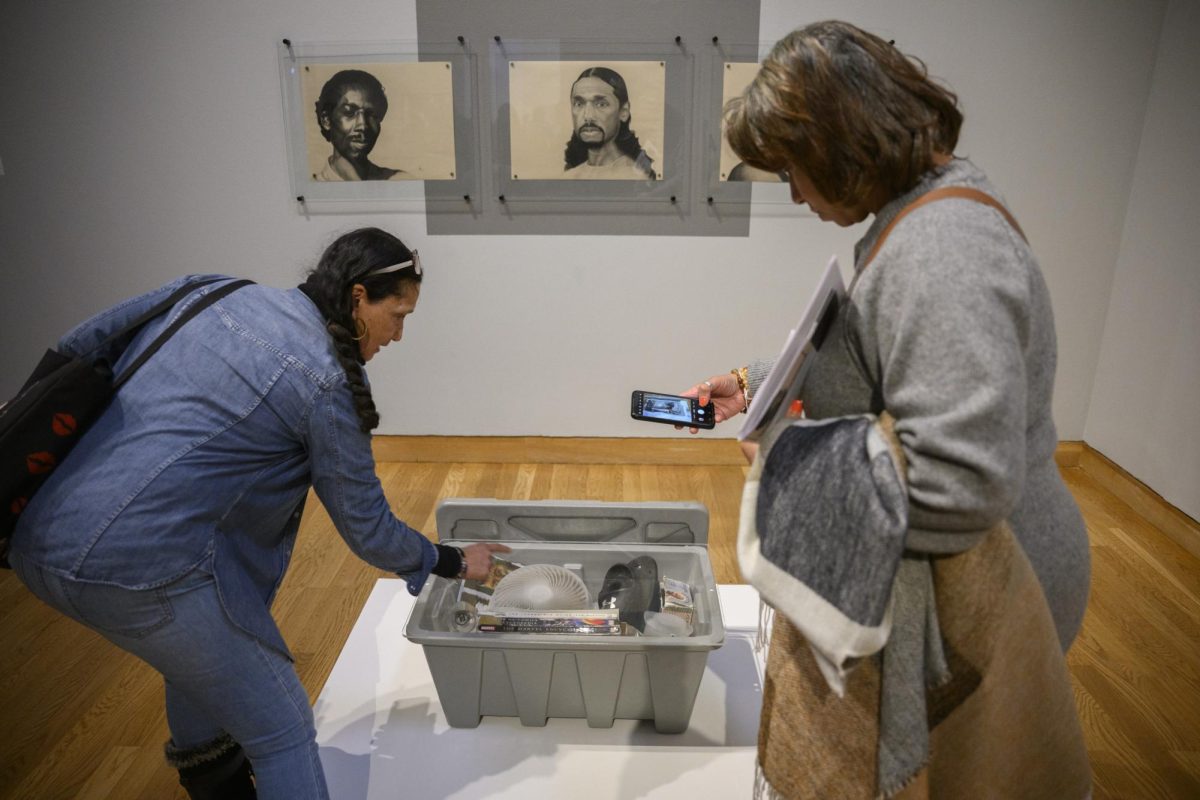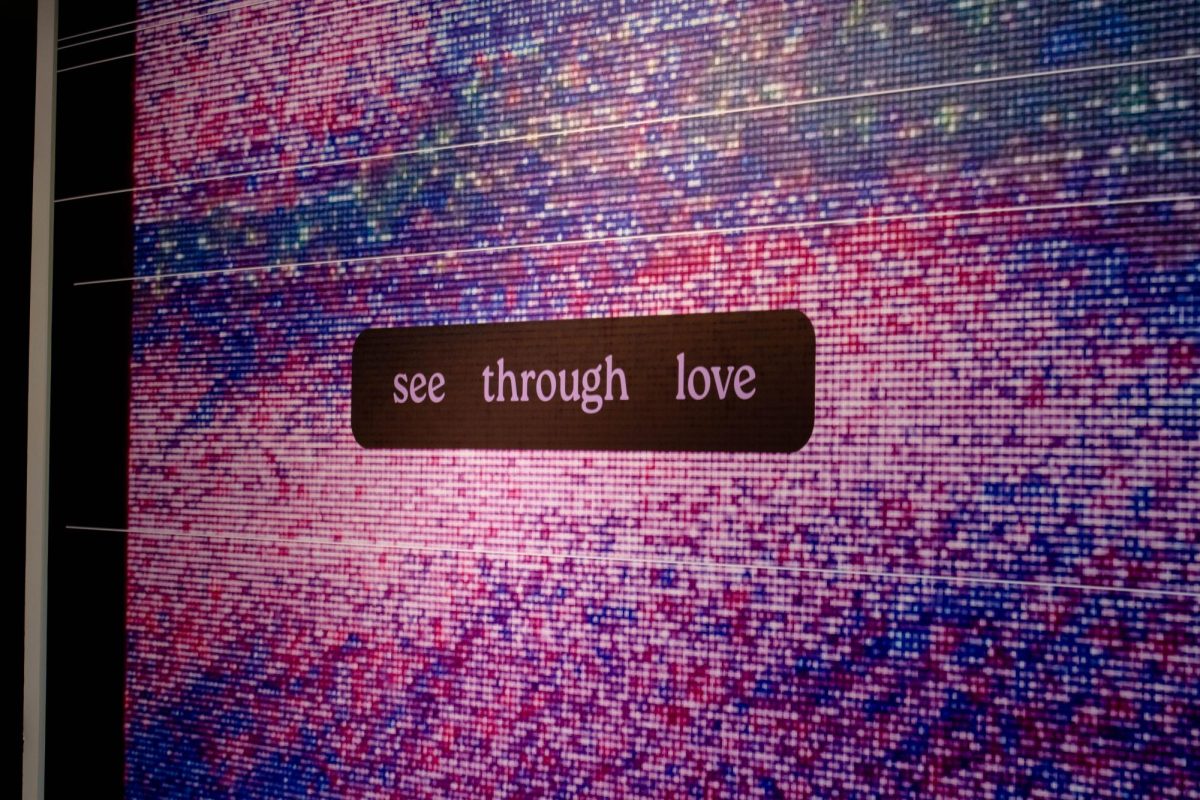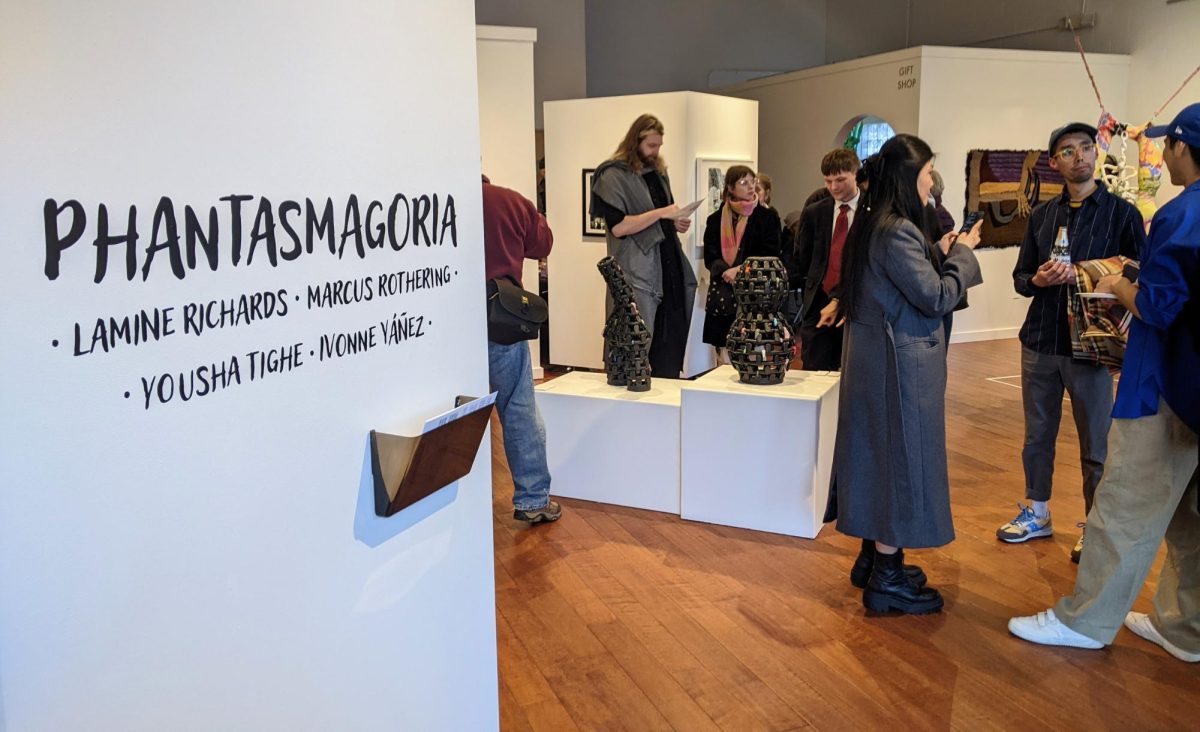Who: Andy Kindler
Where: Acme Comedy Club
When: July 12 through July 16. 8 p.m./10:30 p.m.
Cost: $15
Most people will recognize Andy Kindler for his roles on shows like âÄúEverybody Loves RaymondâÄù and âÄúLate Night with David Letterman.âÄù But KindlerâÄôs network shtick barely even scratches the surface of his busy and often trenchant comedic mind.
For more than two decades, heâÄôs served his audiences an occasionally sour blend of acerbic musings that center around his favorite least-favorite topic: show business.
But Kindler isnâÄôt so much angry as he is just disappointed. On the phone heâÄôs candid, remarkably personable and an unstoppable chatterbox.
A&E caught up with the bespectacled funny man to talk about show business, the internet and an awkward run-in with Adam Sandler.
You have a lot of qualms about the show business but you donâÄôt really seem like an enraged person. WhereâÄôs it come from?
People are maybe surprised on a one-to-one level, or a personal level about the fact IâÄôm not a mean guy at all. I donâÄôt like confrontation at all. Everyone gets angry and itâÄôs a nice mixture of rage and wanting more [out of your career]. Like when I listen to Marc MaronâÄôs podcast, and in the back of my mind IâÄôm saying, âÄòWhen is my name going to come up?âÄô So itâÄôs like all comedians are that way, all artists are that way, all people are that way and either it can turn into bitterness or vented hopefully in a positive way. I mean, IâÄôm angry about how [the industry] caters to the lowest common denominator but IâÄôm not so angry that IâÄôm going to start a revolution.
Some comedians see stand-up as a form of therapy. Do you see it that way?
No, in a way itâÄôs true, but the problem is that I think the best comedians are people who probably arenâÄôt even thinking about where itâÄôs coming from. ItâÄôs more like I just channel whatever is coming out and itâÄôs not like IâÄôm consciously thinking, âÄòOh, this is good therapy.âÄô Like my wife is always like, âÄòStop hating everything.âÄô But making fun of things is just a way of reacting to reality that makes it less depressing for me.
Do you think the Internet is largely responsible for how comedyâÄôs grown in the last few years?
To a certain degree. For many, many reasons itâÄôs been especially amazing for people who tend to do more sketch stuff and want to do a little more film. But I donâÄôt know. It has its problems, too. ItâÄôs harder to get dates; itâÄôs harder to get paid on TV. People donâÄôt buy as many CDs. There are a lot of downsides too. I would say Twitter, for me as a comedian, more than Facebook, is an amazing thing that is incredibly great to me. But sometimes I canâÄôt get off the Twitter. There have been articles written about this and I think itâÄôs really true that every time you check your email it takes five minutes to get back into whatever you were doing before that. And so I mean, I literally have 600 new emails in my inbox and at one point itâÄôs going to drown us all if we canâÄôt put it into perspective. On the other hand, IâÄôve had more fun on Twitter, and IâÄôve had a lot of stuff on Twitter that has gone straight into my act.
You have a reputation for calling out other comedians like Dane Cook in your act. Has this snarkiness ever gotten you into trouble?
Yeah IâÄôm sure it has. In some ways I donâÄôt care. I make fun of Jay Leno. I really donâÄôt ever want to be on that show. ItâÄôs not like I sit around all day and think ill of Leno but I donâÄôt like his show and I donâÄôt like what heâÄôs done with comedy and I donâÄôt like the way heâÄôs approached his career, so I donâÄôt care. IâÄôm sure itâÄôs something thatâÄôs affected my career and the way other comedians think about me but I donâÄôt want to get in a confrontation with those guys. I always found it weird how back in the day you could make fun of Michael Jackson for four hours but as soon as you make fun of a comedian itâÄôs like youâÄôre breaking some rule or something.
Have you ever ran into any of them?
I used to make fun of Adam Sandler. I used to love Adam SandlerâÄôs stand-up, but the movies were not so great and I would make fun of him. I always knew he wouldnâÄôt like it. So I saw him at an event about six months ago and he came up to me and said, âÄúHey, donâÄôt worry, I let all that go.âÄù So by saying that, you know, at one point, he was mad. But I also have to be adult enough to understand that they have every right to be upset.
But I really just go after people who I sometimes think are capable of more. I donâÄôt like to go after people because IâÄôm trying to seem cool. ThatâÄôs why I canâÄôt stand Simon Cowell or Judge Judy who just seem unnecessarily mean and cruel to people who you shouldnâÄôt be cruel to. Like on the segments I do for David Letterman, we never came up to people when they didnâÄôt know they were being made fun of. So I donâÄôt want to be mean for meanâÄôs sake.
Do you think the lowering of the standards becomes detrimental to comedy as a whole?
Yes and no. In terms of network television, itâÄôs never been worse. But then thereâÄôs all those great shows you have on cable. You have âÄúMad Men,âÄù you have âÄúThe SopranosâÄù âÄî the original British âÄúOffice.âÄù There are so many great shows theyâÄôre able to be make. There will always be a market for them. ThatâÄôs the good side of life. I used to do a joke where I said if network executives were CEOs of any other companies, cars would be exploding on the showroom floor. I mean, the level of incompetence in the entertainment industry to me is astounding. And the whole thing with NBC and Jeff Zucker but the whole idea that first Letterman didnâÄôt get the âÄúTonight ShowâÄù and then Leno dumbed down the show for 18 years and then they try monkeying around by telling Jay Leno to retire. ItâÄôs like who runs a business this way?


